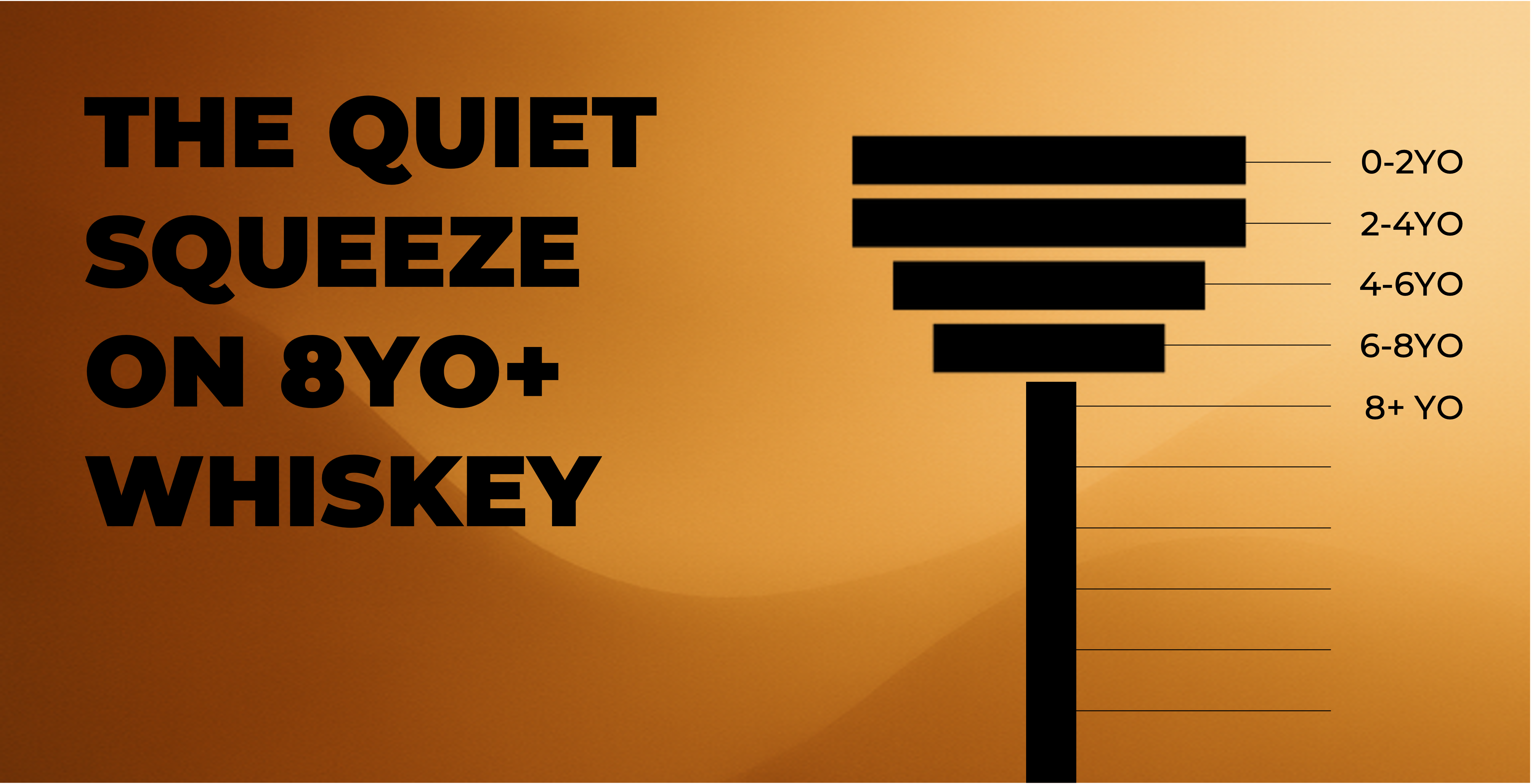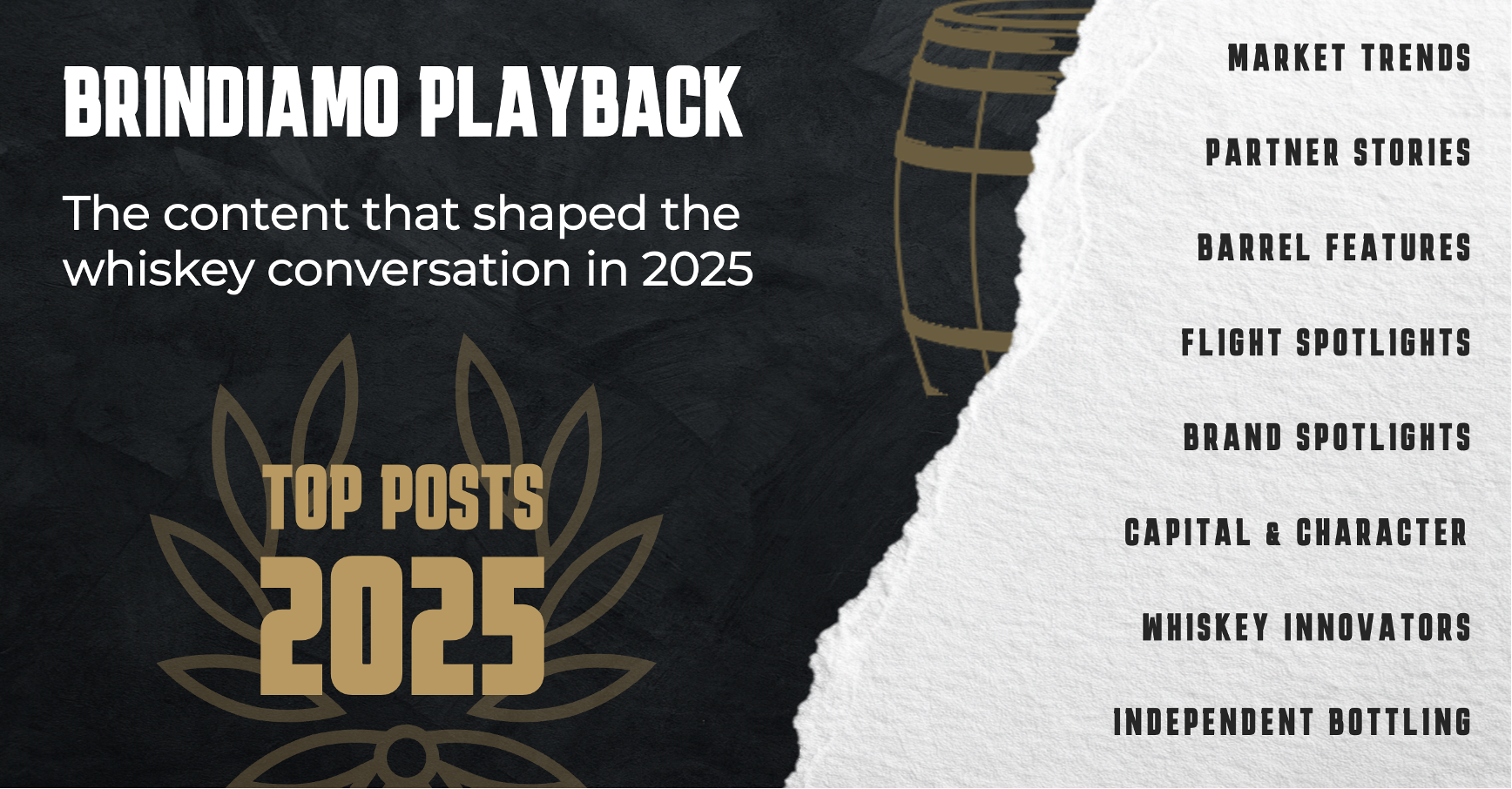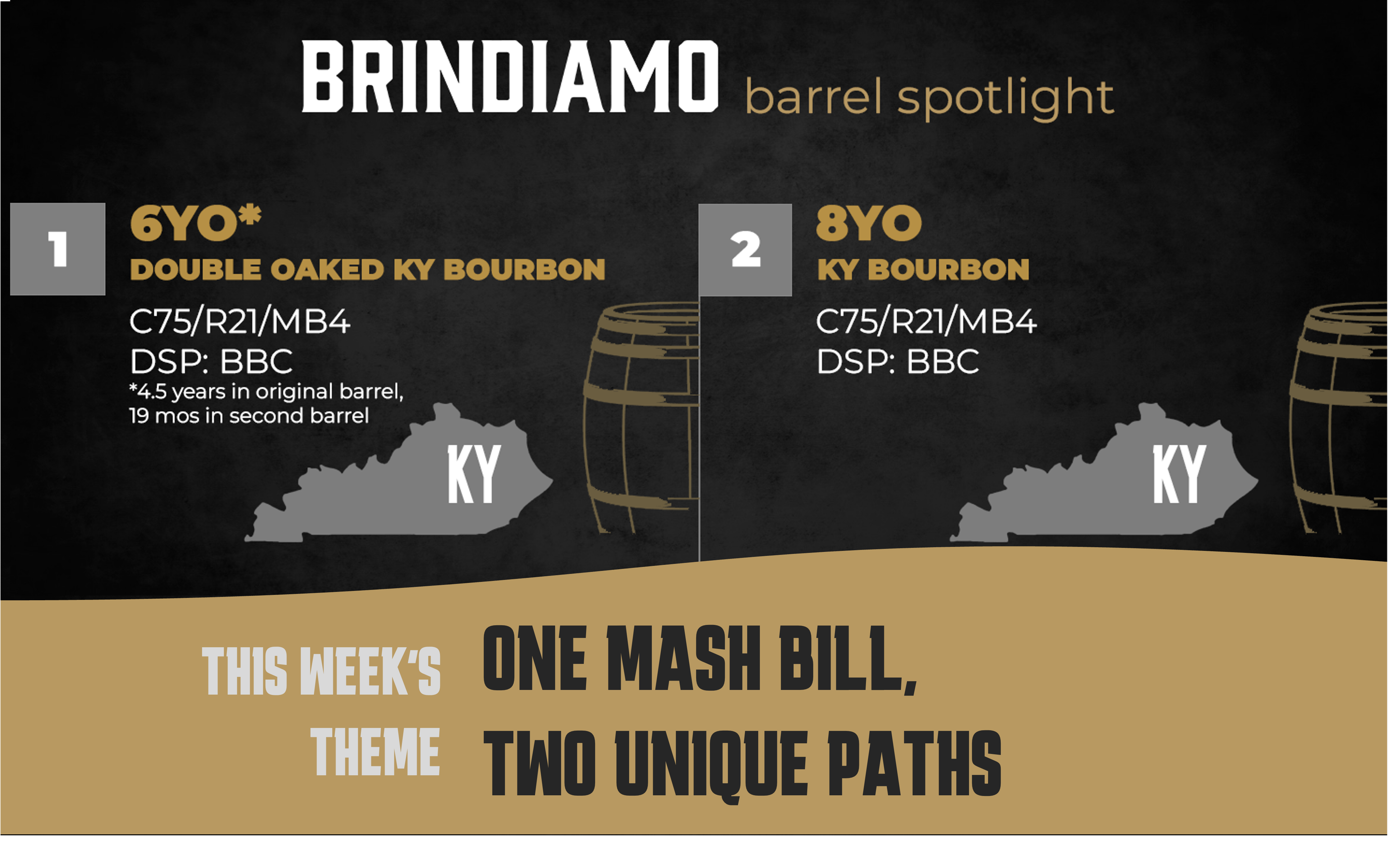The Quiet Squeeze on 8‑Year‑Plus Whiskey
Why mature liquid remains scarce even as younger barrels soften — and what it means for buyers For the last two years, the dominant narrative in bulk...

Developing a new adult beverage product involves a multitude of factors, such as market research, name development, recipe formulation, and branding. These elements collectively work towards establishing a unique identity in a competitive market. At Brindiamo Group, we recognize the significance of safeguarding these concepts. While we do not provide legal advice, we offer general insights into trademark law that may be beneficial. This blog takes a conservative approach to examining the role of trademark law in the beverage industry. Should you require assistance, we recommend seeking guidance from a trademark attorney.
To start, a trademark is a symbol that identifies a “single source” of goods. That’s important to know. It means you can’t trademark something general. An example of this would include “craft bourbon.” It also means you can’t trademark a description such as “great-tasting craft bourbon.” A company that creates many spirits, beers, or wines can trademark that individual product. A good example here would be “Jim Beam Signature Craft Bourbon.”
Getting a trademark for your name is possible when it includes a general, descriptive term. If we refer back to the previous example, from Jim Beam, the name had “craft bourbon.” How are consumers able to identify their version of craft bourbon from a competitor? Trademarking will align the product to your business and improve brand awareness.
When obtaining a trademark, you have the opportunity to incorporate unique elements of your branding, whether it be in the form of labels, bottles, or packaging. The key here is to ensure that these components are distinctive and exclusive to your brand. One company learned the hard way just how effective the trade dress was when it produced a package similar to Maker’s Mark and their dripping wax seal. A lawsuit was filed, and Maker’s Mark successfully defended its branding. If you want to protect your branding the same way, you can contact a trademark attorney for more information.
Most countries require registration with the regional trademark office. While some countries allow the use of the trademark without registration, it is important to note that this may waive your right to pursue legal action in case of infringement, even if someone has copied your work exactly. For the ultimate protection, it is advisable to proceed with registration.
In the United States, the process is slightly different. You just need to apply for trademark protection, no registration is necessary. It's important to note the concept of "use-based rights," also referred to as the Lanham Act. Trademark rights only apply to the specific areas where the products are sold. For example, if you sell only in counties in Tennessee, your trademark rights do not extend to someone using them in New York.
A workaround includes registering it with the United States Patent and Trademark Office (USPTO). You can apply online. If approved, it gives you national rights from the date the application was filed.
Your business name and website are not automatically protected by trademark law. However, in certain cases where your trademarked name is infringed upon, you may have grounds to file a lawsuit. Copyright laws can also provide some level of protection. Additionally, if a label design is replicated, it may fall under both copyright and trademark laws, especially if it serves as a key identifier for your brand. Consulting with a trademark attorney can provide further clarity on how these legal aspects apply to your specific situation.
Essentially, trademark law protects customer confusion, and protection would include a possible lawsuit. Once, a wine company decided to give one of their products the same name as an absinthe company. The absinthe had already been registered, and the wine was denied an application. The winery proceeded with using the name regardless, leading the absinthe company to take legal action. This decision could have caused confusion among consumers who may have mistaken the wine for the absinthe. Additionally, the winery's extensive promotion on social media could have further blurred the distinction between the two products. Ultimately, the winery's lack of research prior to establishing the name and branding resulted in losing the lawsuit.
Keep in mind that trademarks are specific to each region. If your company is looking to expand internationally, make sure to register your trademark in every country of interest. The European Union has a team dedicated to managing trademarks, but it's always wise to double-check availability in each individual country as well.
If you encounter any challenges in registering your mark, it's best to seek assistance from a professional. Experienced lawyers specializing in trademark law can help navigate the process and advocate for the uniqueness of your branding, potentially facilitating successful registration with the USPTO.
Establishing a strong consumer base relies heavily on branding, as it plays a crucial role in defining your identity. Collaborating with a trademark attorney can guide you towards successfully registering with the USPTO.
For more information about branding your spirit, wine, or beer, contact the Brindiamo Group.
Article Source:
Gould, Stephen and Reidl, Paul W. “Protecting Your Brands Through Trademark Law.” Distiller. Summer 2015: 62-65. Print.

Why mature liquid remains scarce even as younger barrels soften — and what it means for buyers For the last two years, the dominant narrative in bulk...

As we reflect on 2025, we wanted to take a moment to look back with you. This past year, our team published across more mastheads than ever before —...

Welcome back to the Brindiamo Barrel Spotlight, our weekly email series highlighting the barrels, distilleries, and market dynamics shaping today’s...

For centuries, the brewing and appreciation of alcohol have been integral to our culture, enhancing our lives with richness and diversity. Breweries,...
.png)
One surprising aspect of the whiskey-making process is the crucial step that takes place inside a barrel. While many may anticipate a straightforward...

The distillery industry is thriving, offering numerous opportunities for profitable investments. Each year sees several successful acquisitions, with...
Join the conversation
Leave a comment below.